A South Sudanese’s father's joy: "No child will die of measles and other common diseases in my village"
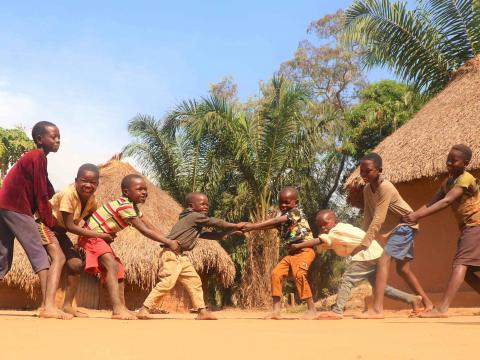
“I vow not to lose another child to measles again”, says Joseph Anthony, 35-year old father of 12 from Western Equatoria State’s Nzara County. He has also became a guardian of his 36 siblings when his father died.
One of his siblings, Ngbarago Arkangelo, died of measles for lack of awareness about the disease. “I would have lost my 5-year old son Abraham the same way I lost my sister. Through World Vision’s CORE Group Polio Project, Abraham got treated in time and is now a happy and healthy boy”, he adds.
“Abraham was born normal and healthy but got infected with measles in October 2020. Just like many of the children in the community, Abraham was not vaccinated”, he shares.
Related story: A hidden hero's passion to save children from polio
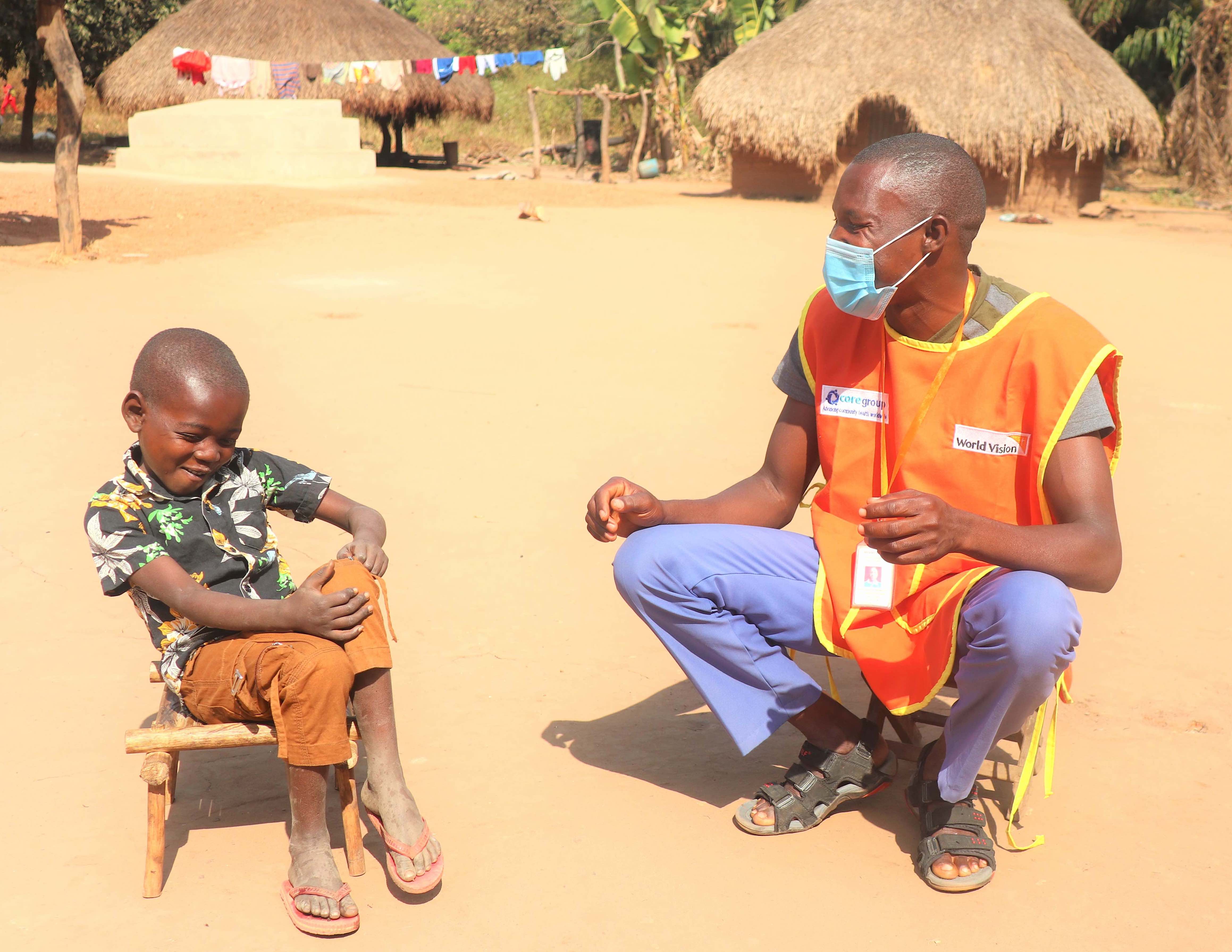
The CORE Group Polio Project, funded by the United States Agency for International Development (USAID), has contributed towards maintaining the polio-free status of South Sudan. This is through halting the circulating vaccine derived Polio Virus (cVDPV) outbreaks.
According to Polio Eradication, “If the vaccine-virus is able to circulate for a prolonged period of time uninterrupted, it can mutate and, over the course of 12-18 months, reacquire neurovirulence. As such, these viruses are called circulating vaccine-derived polioviruses (cVDPV).”
Currently, the project has expanded in Central Equatoria, Western Equatoria, Upper Nile and Warrap States. Supported by two national partners Support for Peace and Education Development Programe (SPEDP) and Organization for People's Empowerment and Needs (OPEN).
Related story: CORE Polio Project team embarks on campaign to stop the spread of COVID-19
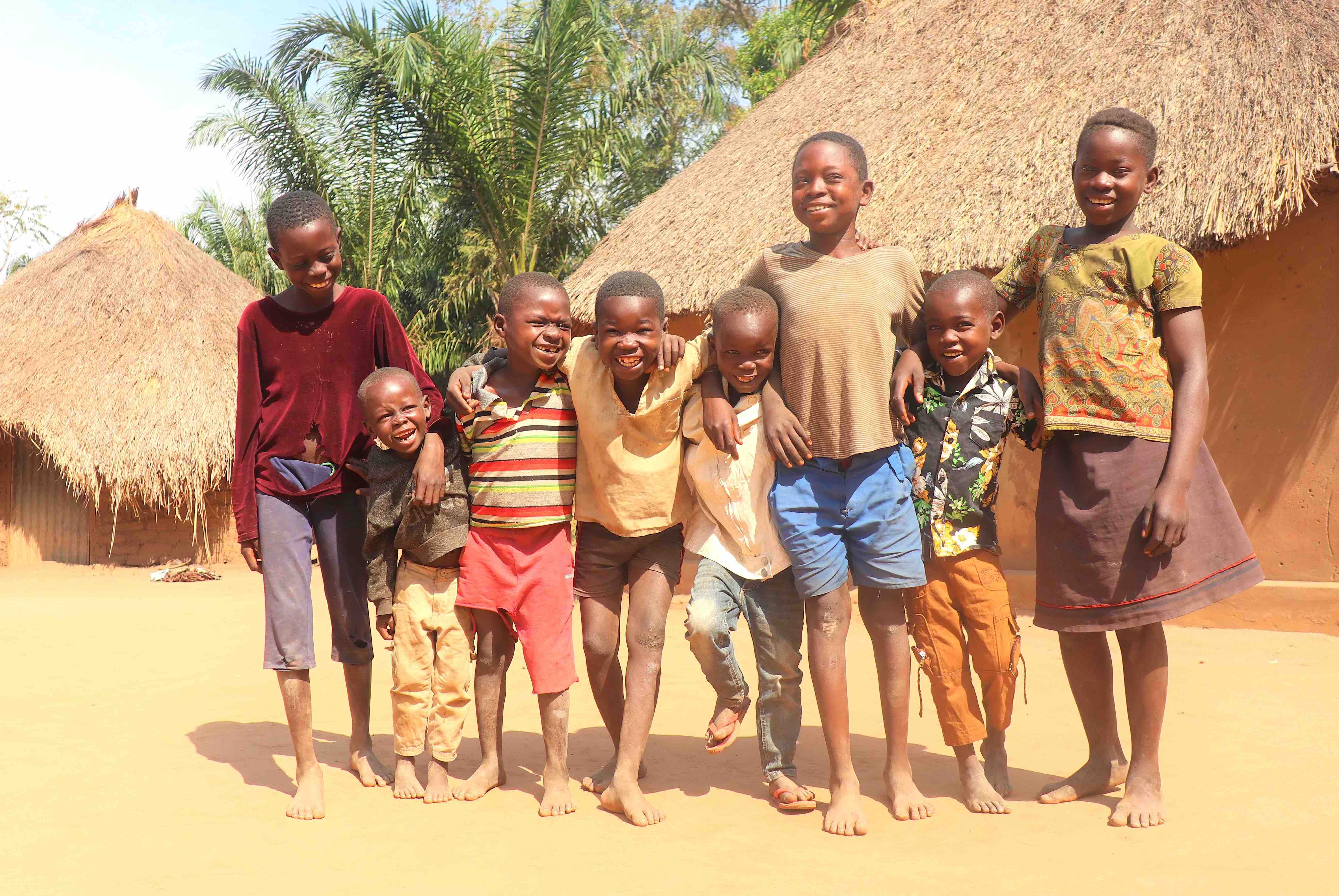
In Eastern Equatoria, Central Equatoria and Western Equatoria, the national partners support the work on integrated community-based surveillance, incorporating other diseases such as measles, Ebola Virus Disease, COVID-19 and Yellow Fever.
According to Joseph, the children were not vaccinated since birth because the health centre close to them only offers services to HIV patients. Vaccination was only available at Nzara Community Hospital which is far from them. “It takes three to five hours of walking on foot to reach Nzara”, he sadly adds.
My sister would not have died if we knew about the disease. No child will die in my village now because we are aware of common diseases that affect our children.
Since the children develop rashes on their bodies most of the time due to South Sudan’s hot weather, he did not worry about his sister’s situation until Oct 2013, the last day when she died on the way to the hospital.
“Amid my turmoil and distress, Abraham William Undo, a Boma health promoter from the project, visited and taught us about the signs and symptoms of polio, measles, and other diseases”, Abraham explains.
Few weeks after the visit, Abraham developed some rashes on his body but Joseph ignored until his eyes turned red and had mouth sores. Abraham’s situation alarmed Joseph as he remembered a sister, he lost a few years back.
Related story: World Vision, USAID and UNMISS support training of 34 COVID-19 responders in South Sudan
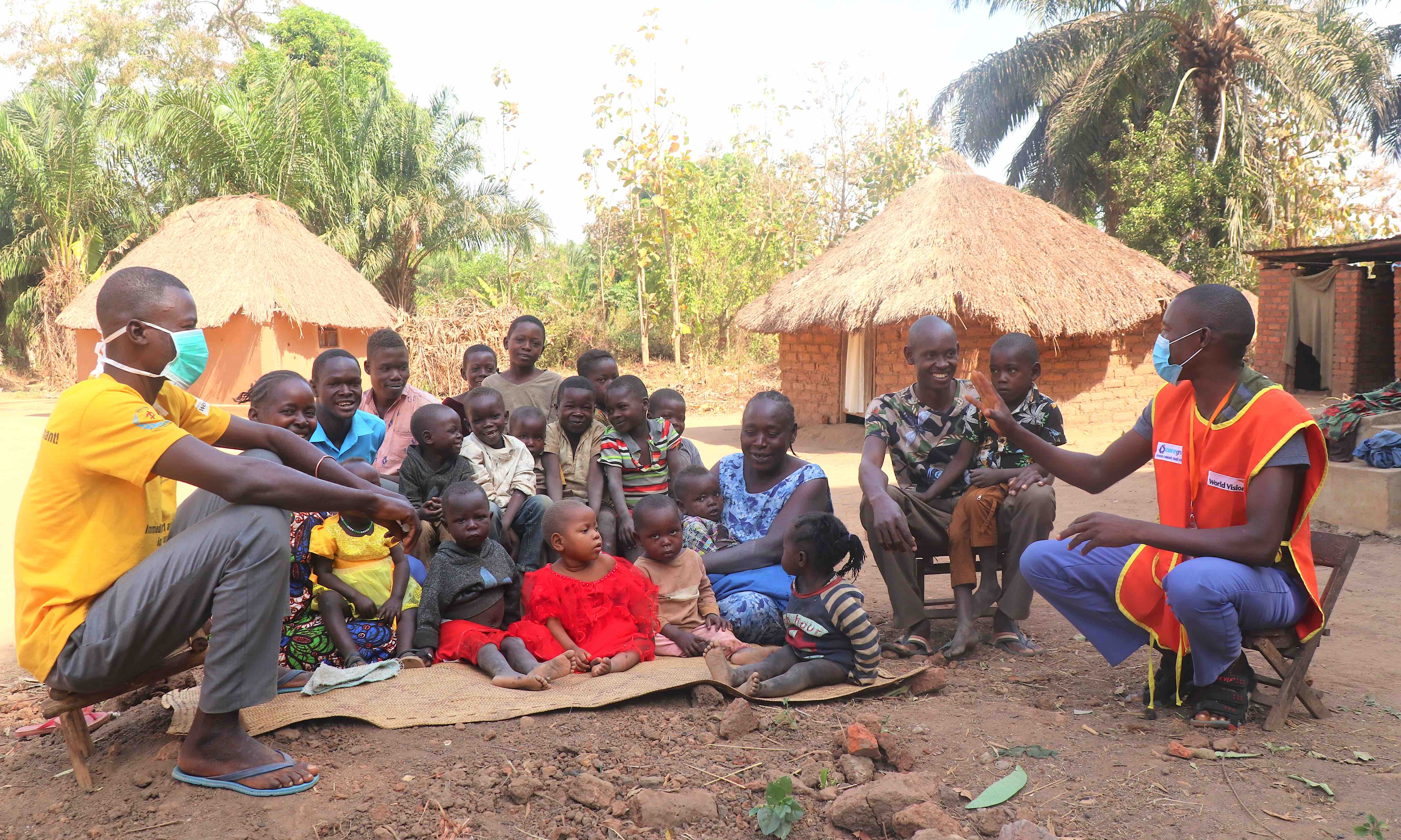
Recalling what he learned from Abraham, he realized his son has measles. “With Abraham William’s help, I took my son to the Nzara Health Centre, where he received treatment and eventually recovered”, he adds.
“My sister would not have died if we knew about the disease. No child will die in my village now because we are aware of common diseases that affect our children. We made sure Abraham was isolated from the rest of the children to avoid further infection, until he was completely healed”, he says.
He commends the project for saving the life of Abraham and other children in the community. “I appeal that a health facility should be opened in our community for better services, including immunization for our children”, he concludes.
Watch video: How mothers in South Sudan battle COVID-19
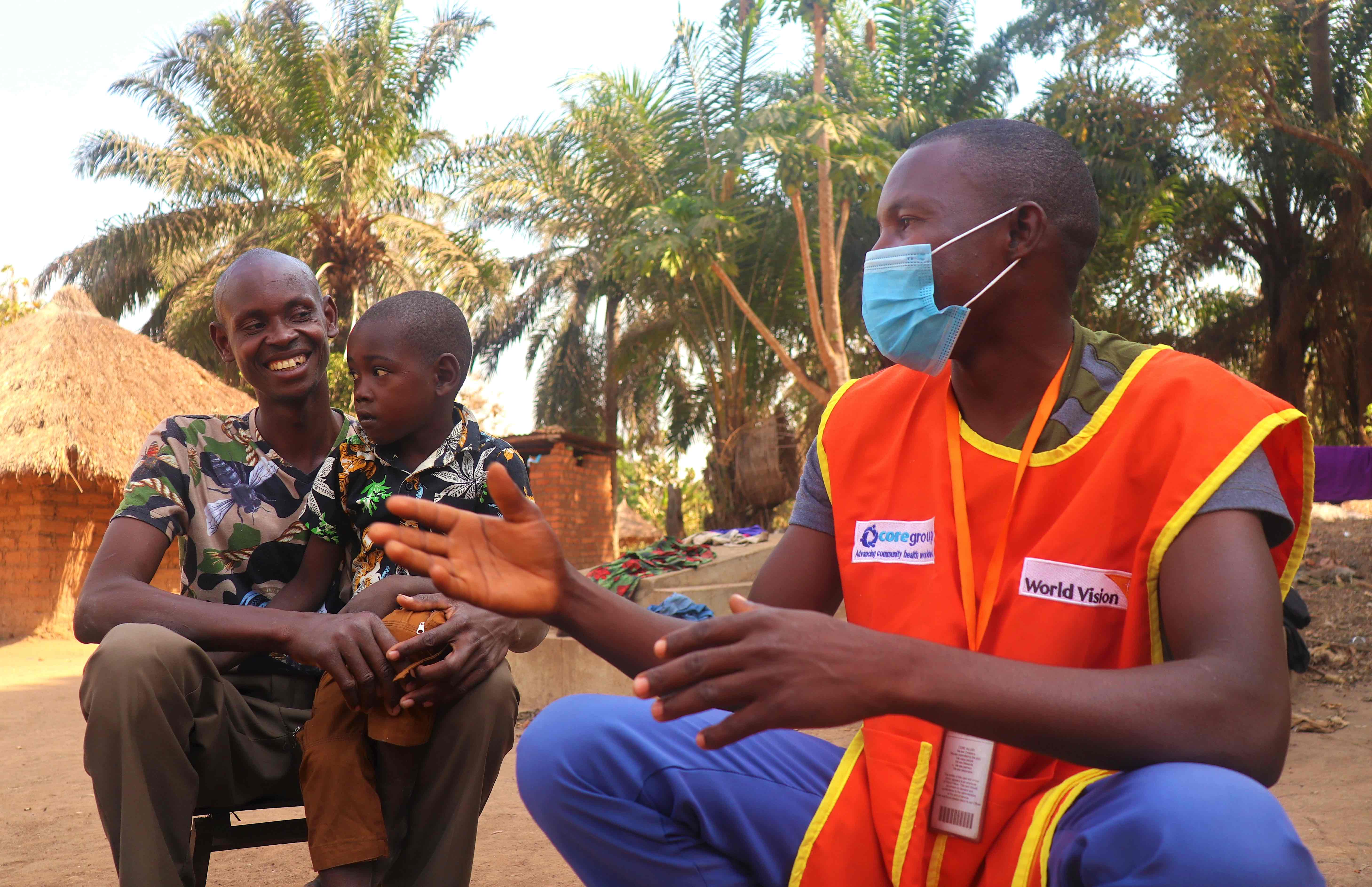
Anthony Kisanga, the CORE Group Polio Project Direector says, “Over 2,200 community volunteers have been trained to engage in risk communication and community engagement including timely detection and reporting of suspected cases within the community.”
“Community participation and involvement are important, especially in remote areas. This fills the gap and complements the formal health facility and the surveillance work in areas where there are no functional facility”, Kisanga concludes.
The project has reached 119,308 people with key messages on measles in Nzara, Ezo, Yambio, and Tambura Counties of South Sudan’s Western Equatoria State, and a total of 712,976 people in Greater Equatoria Region.
Story and photos by Jemima Tumalu, Communications Officer.